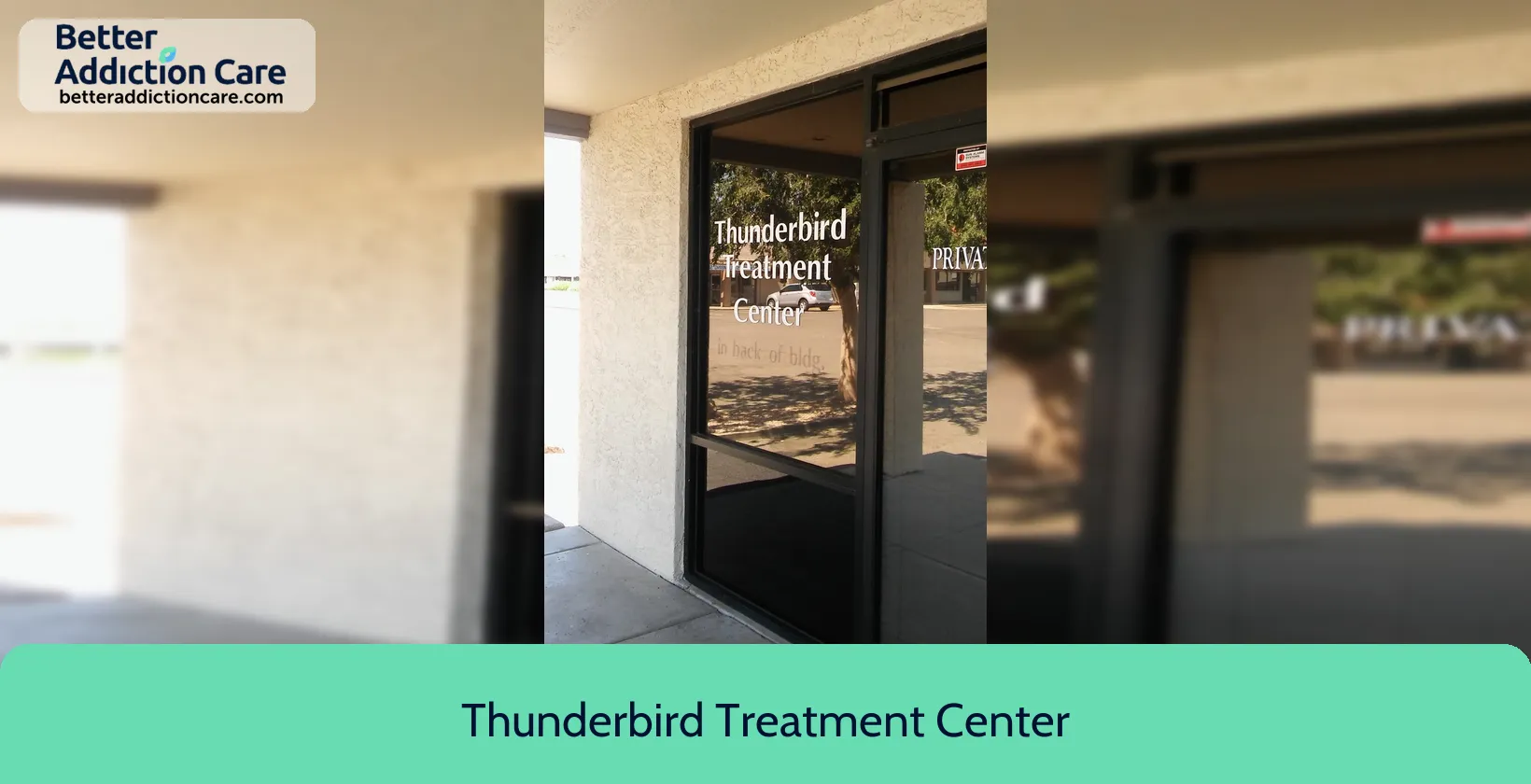Overview
Thunderbird Treatment Center is an accredited substance abuse treatment center that provides outpatient detoxification, for men and women between 18 and 65+ years of age. As part of their special programs, Thunderbird Treatment Center treats pregnant/postpartum women and clients with co-occurring pain and substance use disorders. To help patients achieve sobriety, Thunderbird Treatment Center provides treats benzodiazepines detoxification, cocaine detoxification, and methamphetamines detoxification.. Afterward, patients receive telemedicine/telehealth therapy, substance use disorder counseling, and group counseling during treatment. Thunderbird Treatment Center is located in Glendale, Arizona, providing treatment for people in Maricopa County, accepting cash or self-payment, medicare, and federal military insurance (e.g., tricare).
Thunderbird Treatment Center at a Glance
Payment Options
- Cash or self-payment
- Medicare
- Federal military insurance (e.g., TRICARE)
Assessments
- Screening for tobacco use
- Comprehensive substance use assessment
- Interim services for clients
- Outreach to persons in the community
- Screening for mental disorders
Age Groups
- Young adults
- Adults
- Seniors
Ancillary Services
- Case management service
- Domestic violence services, including family or partner
- Early intervention for HIV
- Opioid use disorder clients only
Highlights About Thunderbird Treatment Center
7.14/10
With an overall rating of 7.14/10, this facility has following balanced range of services. Alcohol Rehabilitation: 8.00/10, Drug Rehab and Detox: 7.85/10, Insurance and Payments: 6.00/10, Treatment Options: 6.73/10.-
Alcohol Rehabilitation 8.00
-
Drug Rehab and Detox 7.85
-
Treatment Options 6.73
-
Insurance and Payments 6.00
Accreditations
State mental health department:
State mental health department accreditation refers to the process of evaluating and certifying the quality and standards of a state's mental health department, ensuring that it provides high-quality services and meets specific criteria for mental health care. The accreditation process is performed by a third-party organization and helps to improve the overall care and treatment of individuals with mental health conditions.
State department of health:

Government agencies issue State Licenses, granting permission to rehabilitation organizations to conduct their business operations lawfully within specific geographic regions. Generally, the particular rehabilitation programs offered by a facility and its physical location dictate the necessary licenses needed for legal operation.
Commission on Accreditation of Rehabilitation Facilities (CARF):

CARF accreditation is a prestigious recognition for organizations in rehabilitation and human services. It signifies that an organization meets rigorous quality standards and is committed to providing top-notch care. Achieving CARF accreditation involves a thorough evaluation process, including on-site surveys, to ensure excellence in programs and services. This accreditation boosts an organization's credibility, assures clients and funders of quality, and promotes ongoing improvement in the field of rehabilitation and human services.
SAMHSA certification for opioid treatment program (OTP):
SAMHSA's Opioid Treatment Programs (OTPs) accreditation is a rigorous recognition process that signifies an OTP's commitment to providing high-quality care for individuals dealing with opioid use disorders. It assures patients, families, and the community that the program adheres to evidence-based practices, employs qualified staff, and maintains a safe treatment environment. This accreditation is a symbol of quality and accountability, offering confidence in the program's ability to support individuals on their path to recovery from opioid addiction.
Drug Enforcement Agency (DEA):
DEA accreditation refers to the process by which a law enforcement agency is recognized by the Drug Enforcement Agency (DEA) as having met specific training, operational, and resource requirements necessary to participate in DEA-led drug enforcement efforts. This accreditation allows the agency to perform DEA-related tasks such as conducting investigations, executing federal search warrants, and participating in joint task forces.
Treatment At Thunderbird Treatment Center
Treatment Conditions
- Alcoholism
- Substance use treatment
Care Levels
- Outpatient
- Outpatient detoxification
- Outpatient methadone/buprenorphine or naltrexone treatment
- Regular outpatient treatment
- Aftercare
Treatment Modalities
- Telemedicine/telehealth therapy
- Substance use disorder counseling
- Group counseling
- Family counseling
- Marital/couples counseling
Ancillary Services
Languages
- Spanish
- Other languages (excluding Spanish)
- Hindi
Additional Services
- Pharmacotherapies administered during treatment
- Housing services
- Breathalyzer or blood alcohol testing
Special Programs
- Pregnant/postpartum women
- Clients with co-occurring pain and substance use disorders
Get Help Now
Common Questions About Thunderbird Treatment Center
Contact Information
Other Facilities in Glendale

7.58
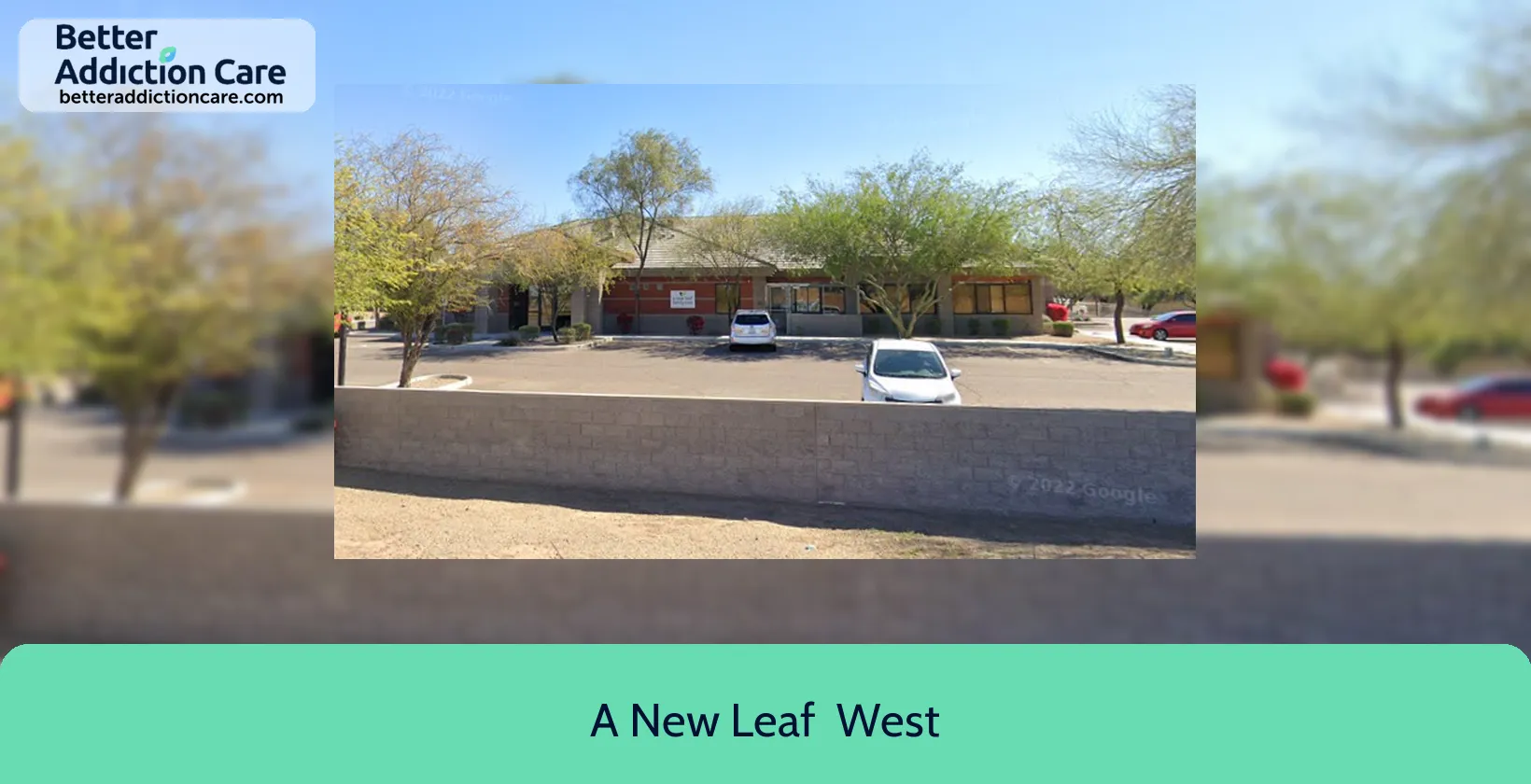
6.65
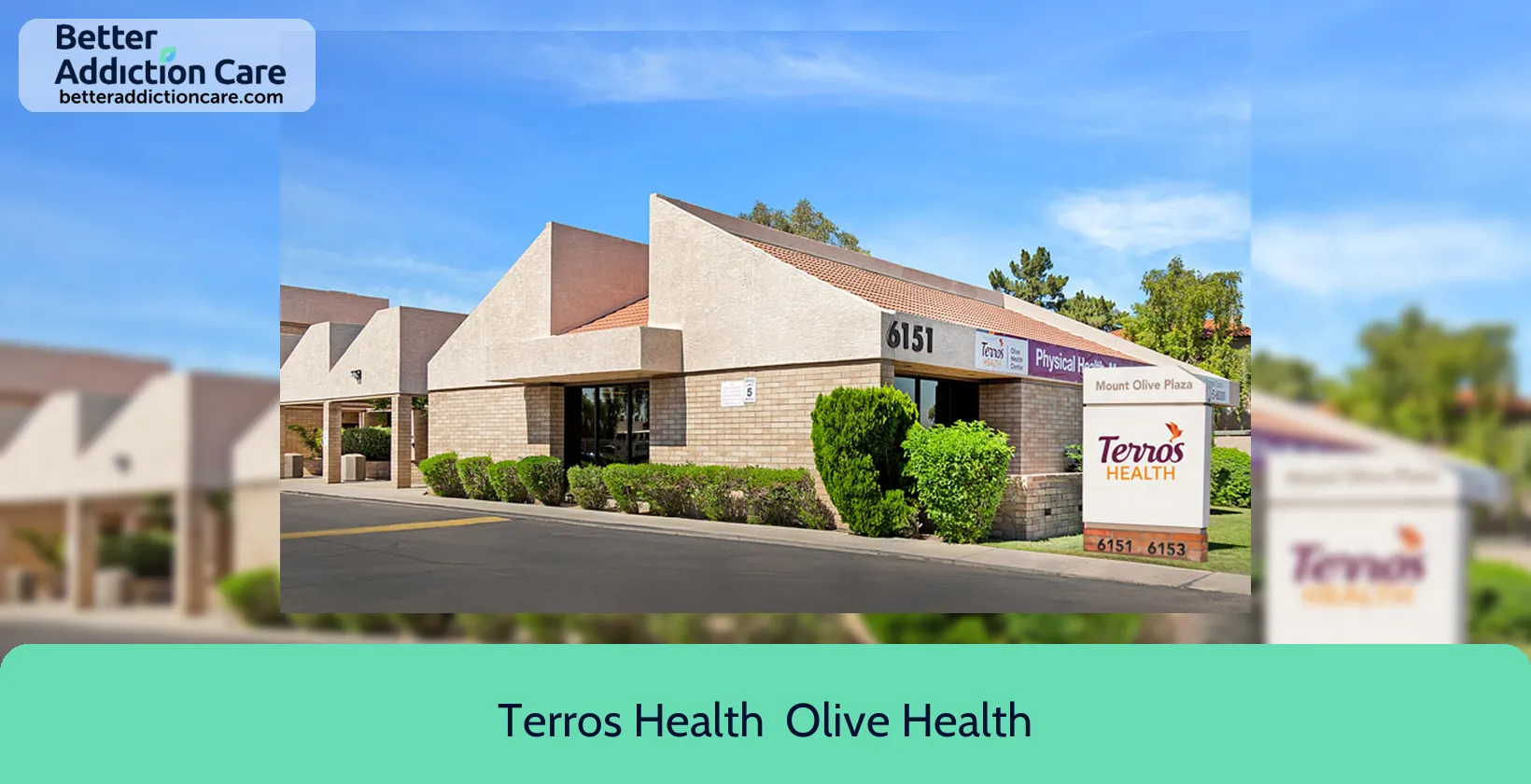
6.68
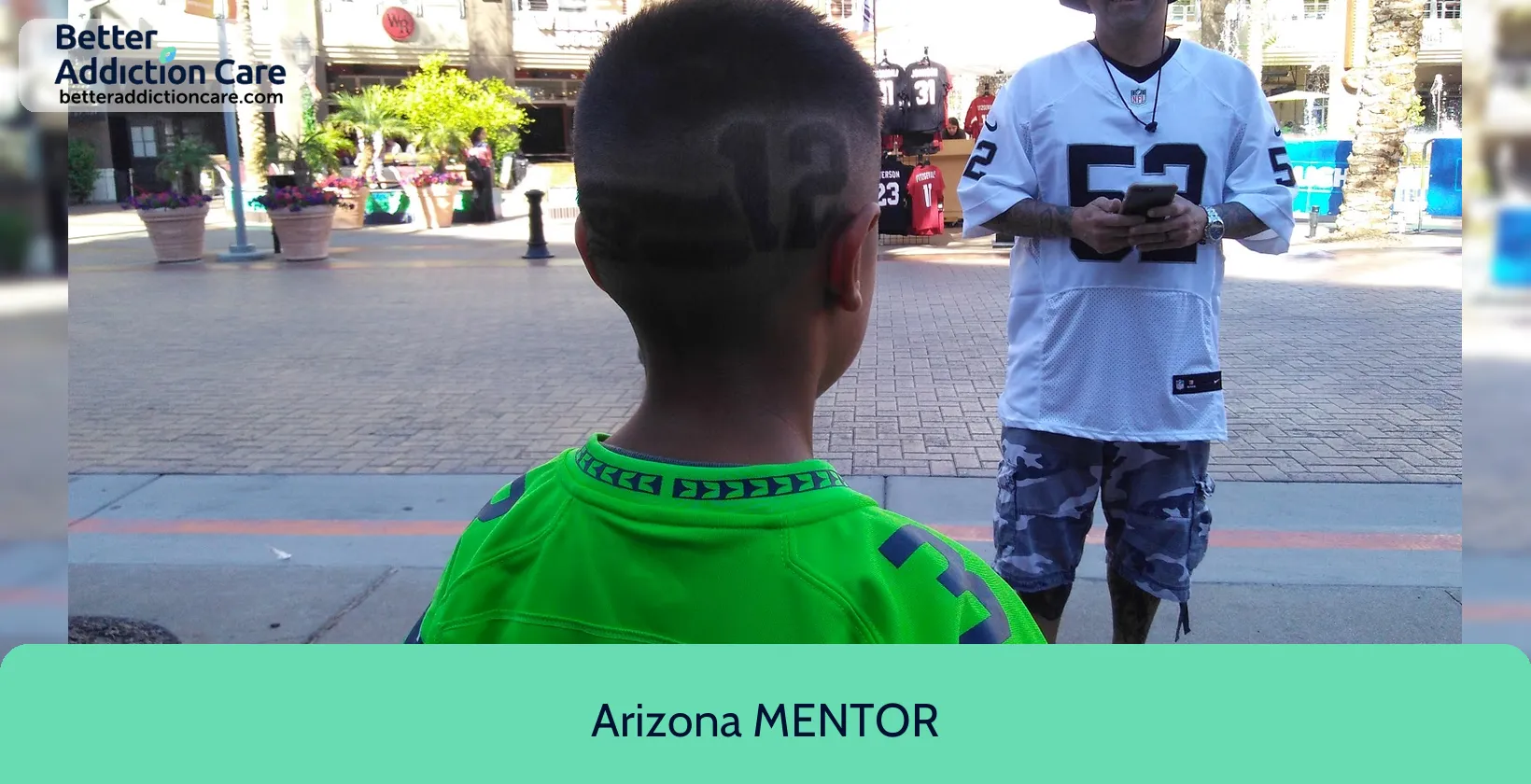
6.59
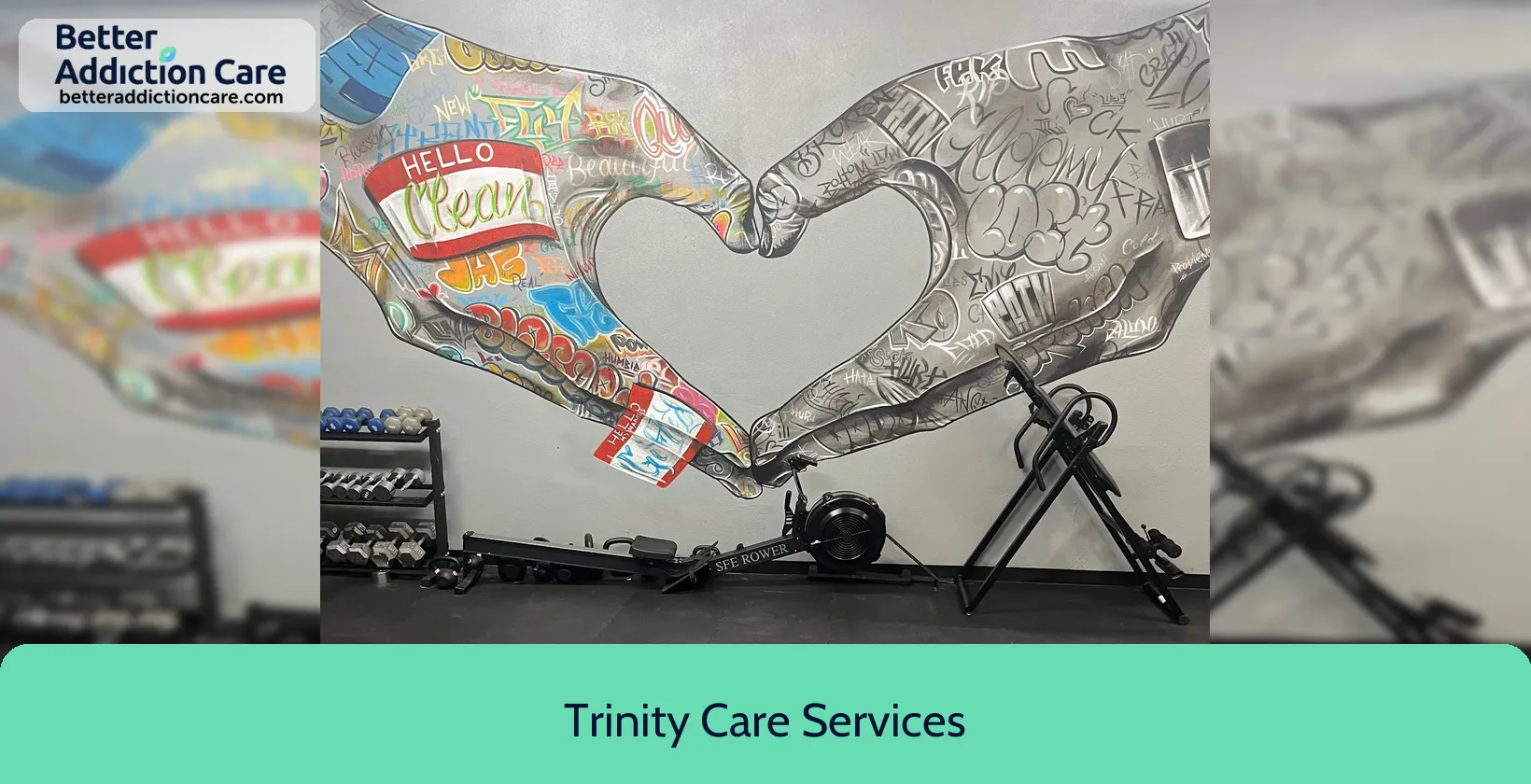
6.92
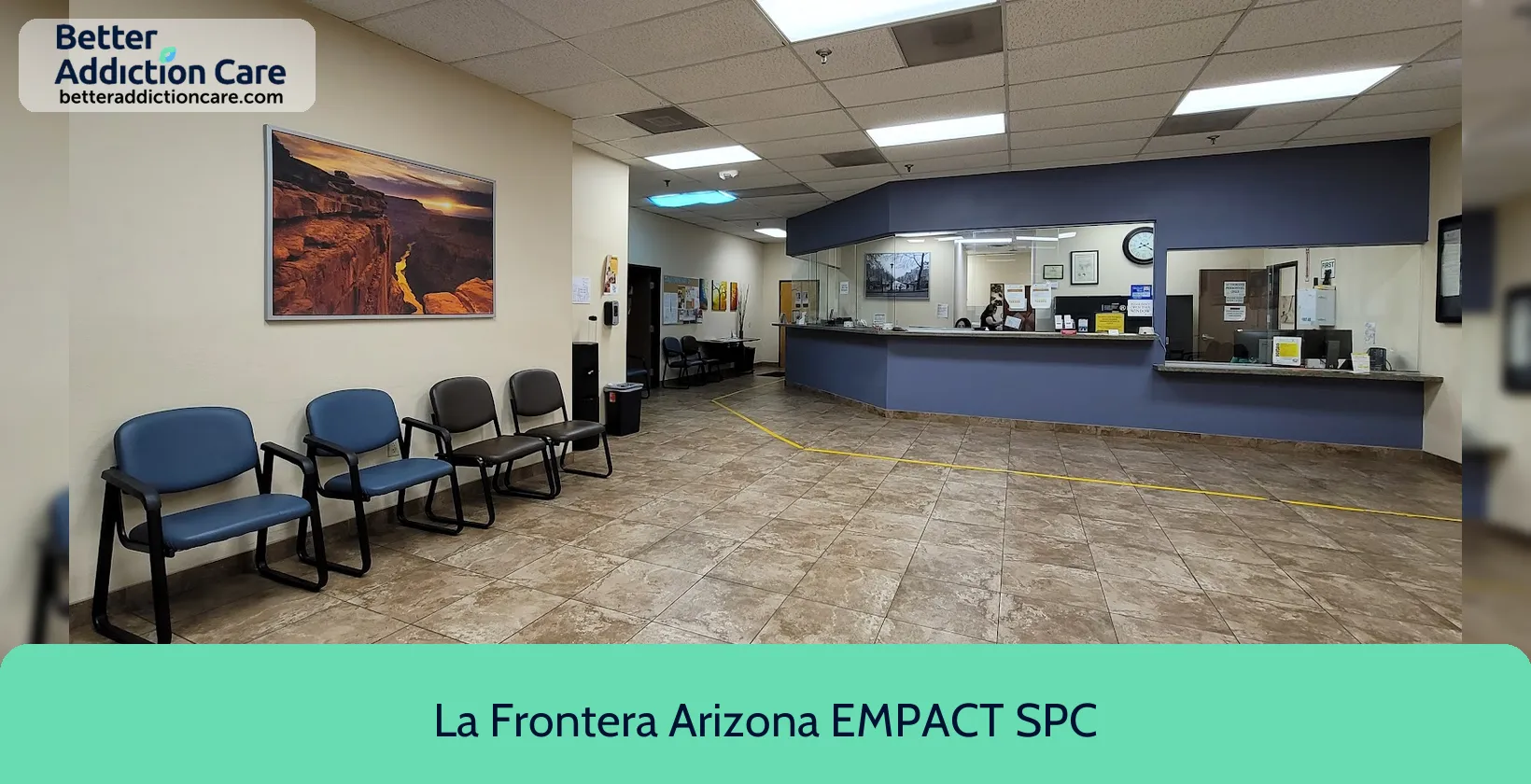
7.17
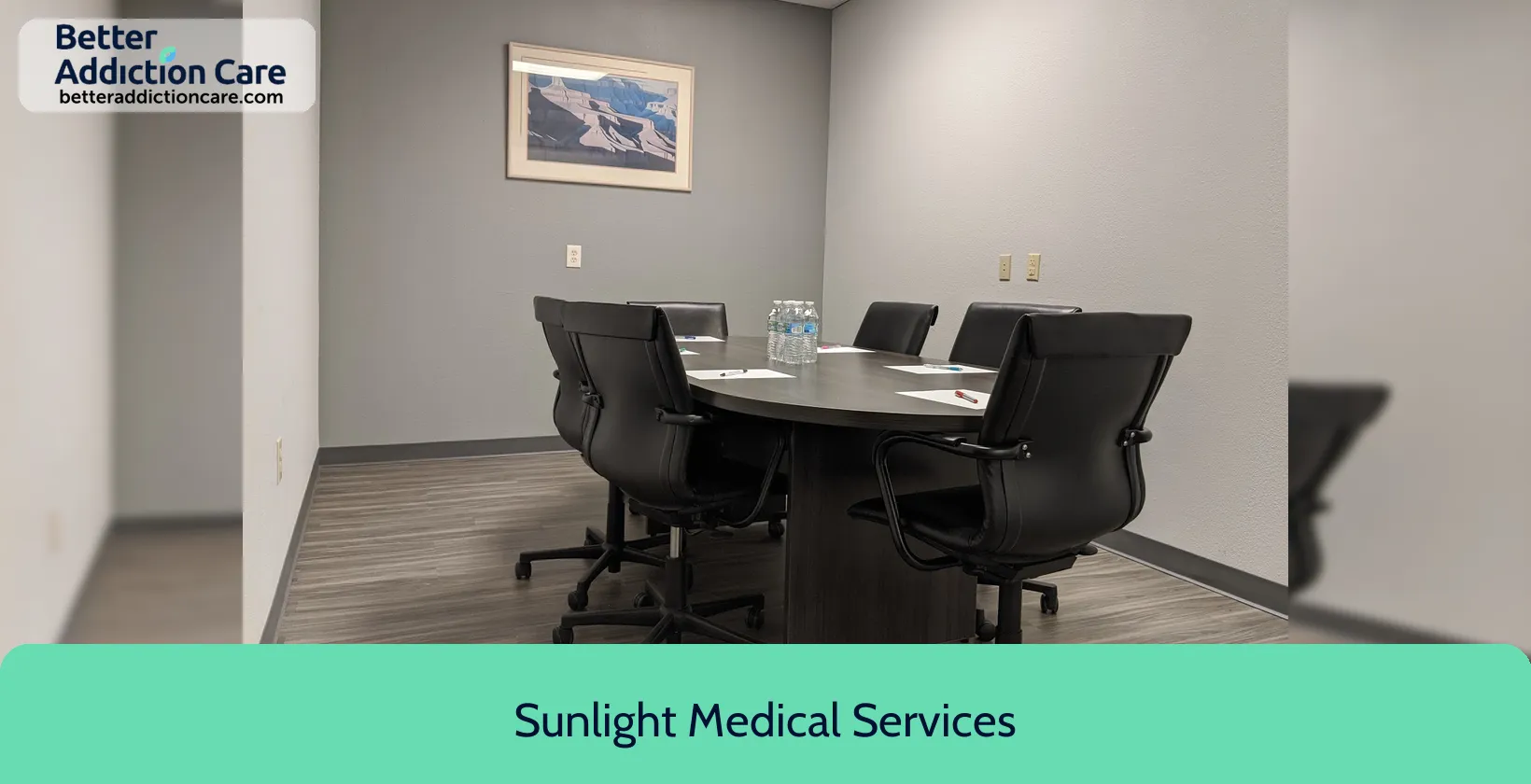
7.83
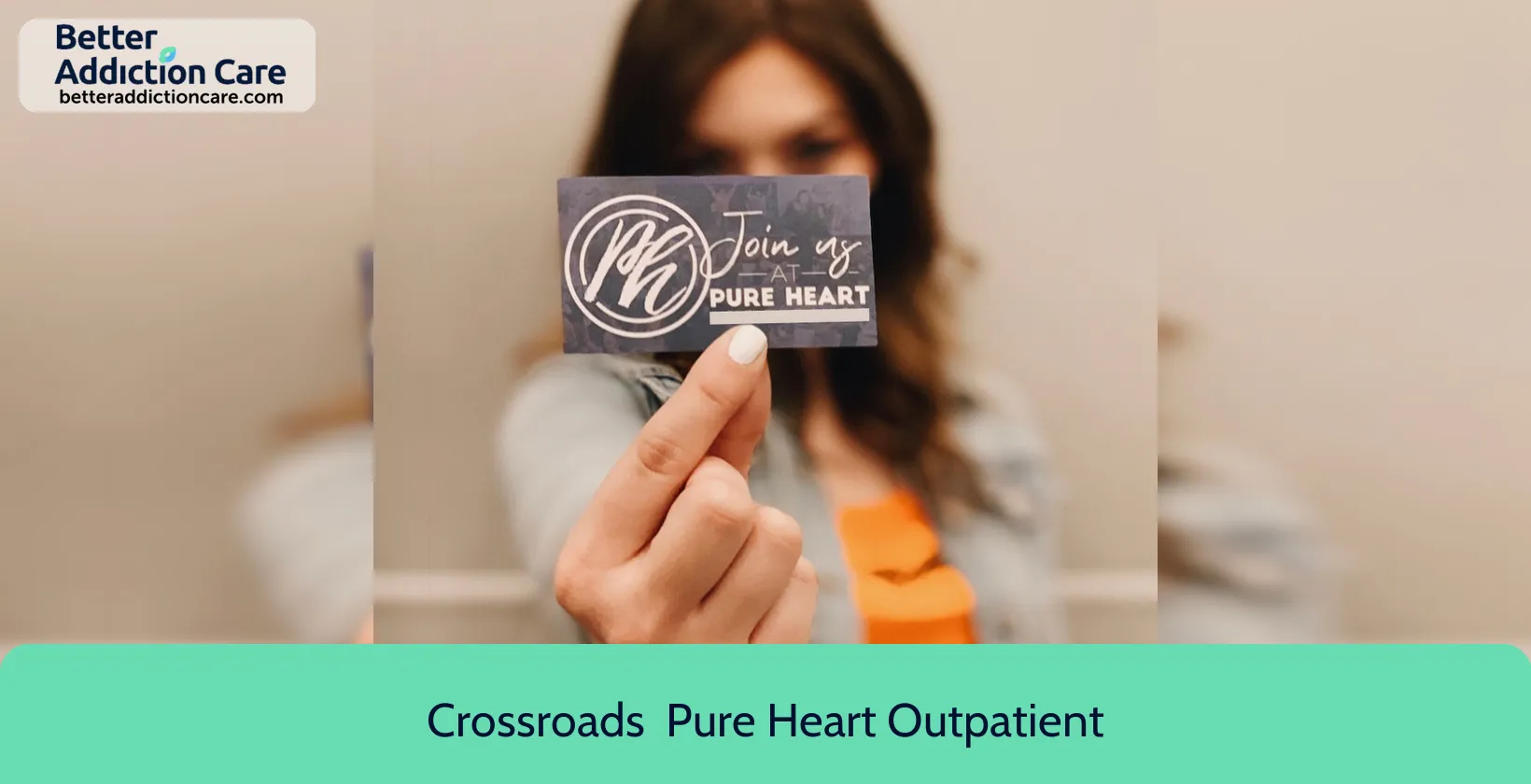
6.53
DISCLAIMER: The facility name, logo and brand are the property and registered trademarks of Crossroads - Pure Heart Outpatient Program, and are being used for identification and informational purposes only. Use of these names, logos and brands shall not imply endorsement. BetterAddictionCare.com is not affiliated with or sponsored by Crossroads - Pure Heart Outpatient Program.
